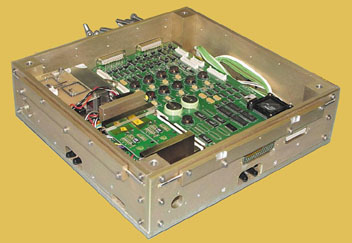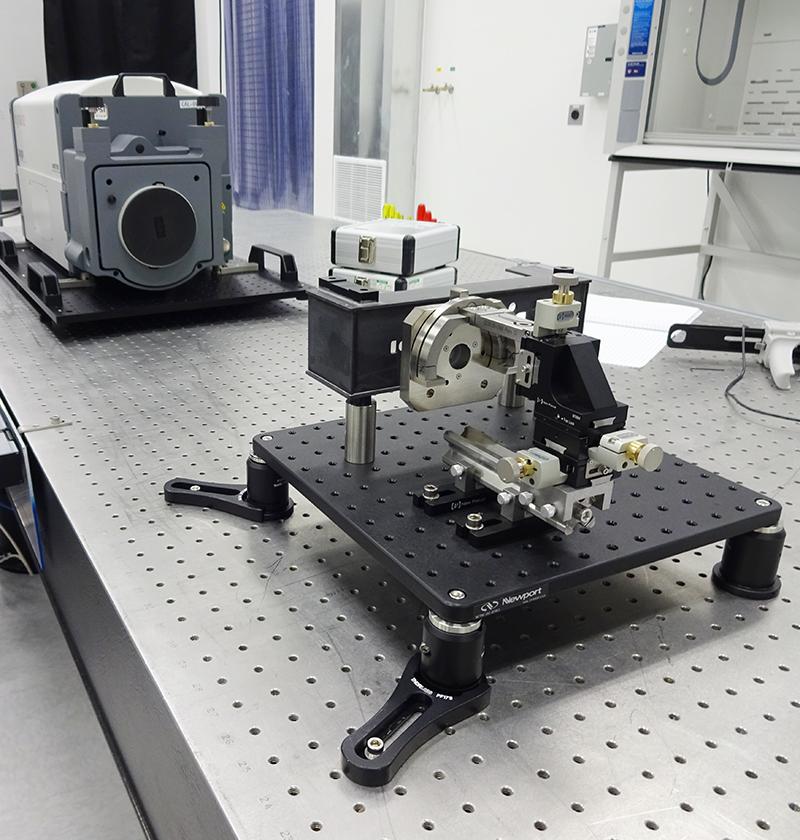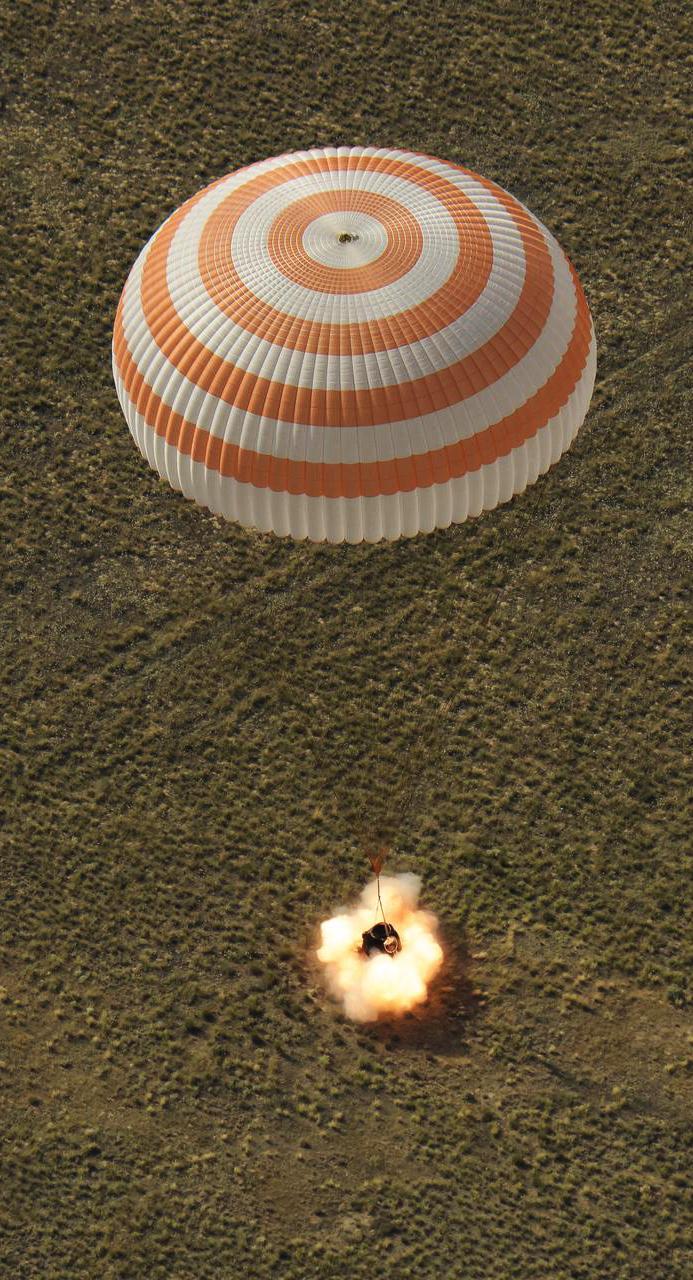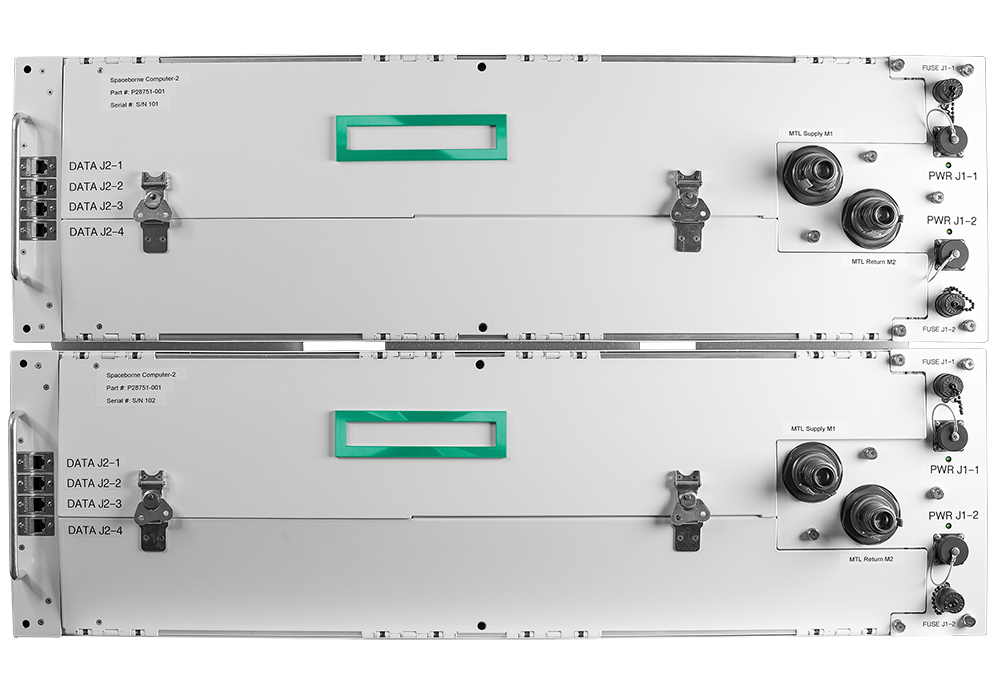Bitsy Thinks Big
Launching satellites is not just for NASA any more. Today's commercial satellite industry is shooting for new frontiers beyond space exploration. The fast growing information and communications service markets are continually increasing efforts to make our everyday lives easier, by searching for more efficient methods of providing customers with quality service. Realizing the tremendous need for a multi-mission design, AeroAstro, of Herndon, Virginia, with assistance from NASA Marshall Space Flight Center, developed a nanospacecraft core module capable of developing recyclable spacecraft designs using standard interfaces. From this core module, known as the Bitsy™ kernel, custom spacecraft are able to connect mission-specific instruments and subsystems for variation in mission usage. Typically, all spacecraft require the same basic subsystems: power and power distribution, command and data handling, communications, and guidance. Although the general composition is the same, it has been the industry standard to develop spacecraft as unique designs, for specific missions, resulting in $50 to $100 million designs that were expensive and difficult to reuse. A generic design would greatly improve space missions, but this concept has not been readily accepted into the satellite industry due to the tremendously high costs of differing mission details, large size and mass, and the need to maintain two parallel development teams: the payload and the spacecraft.
The Bitsy kernel is designed to meet three key criteria. First, the kernel must be reliable. To achieve maximum reliability, Bitsy incorporates straightforward design, thorough testing, and standard interfaces and components. The next key element is cost; the kernel must be inexpensive. The versatility of the kernel keeps costs down by using a reproducible model capable of serving multiple missions. Finally, the kernel must be easy to use, which is achieved through Bitsy's flexible and extensive capabilities that are applicable to a variety of missions. Bitsy is small, lightweight, and is able to operate in any orbit, making it very appealing to the commercial market. Advanced technology such as Lithium-Ion batteries and dense field programmable gate array electronics make the unit efficient. When equipped with vaporizing liquid thrusters and structural propellant tanks the unit is easily maneuvered.
The nanospacecraft core module may be used in conjunction with an existing microsatellite bus or customized to meet specific requirements. Building on this premise, AeroAstro has developed a line of satellite communications equipment, sun sensors, and Lithium-Ion batteries which are all incorporated in its complete line of mission-specific nanospacecraft. The Bitsy technology is also a key component in AeroAstro's satellite inspection products and orbital transfer services. In the future, AeroAstro plans to market an even less expensive version of the Bitsy technology. The plan, which is targeted to universities, markets a sort of satellite in a kit,” for less than $1 million. This technology would allow universities to build true space hardware for a fraction of the cost of launching a regular satellite. Available alone as the core module component, or as a complete spacecraft based on the Bitsy system, the Bitsy kernel offers commercial customers limitless designs to meet the needs of specific missions.
Bitsy™ is a trademark of AeroAstro.

The Bitsy™ nanospacecraft core module component offers commercial customers limitless designs to meet the needs of specific missions.













